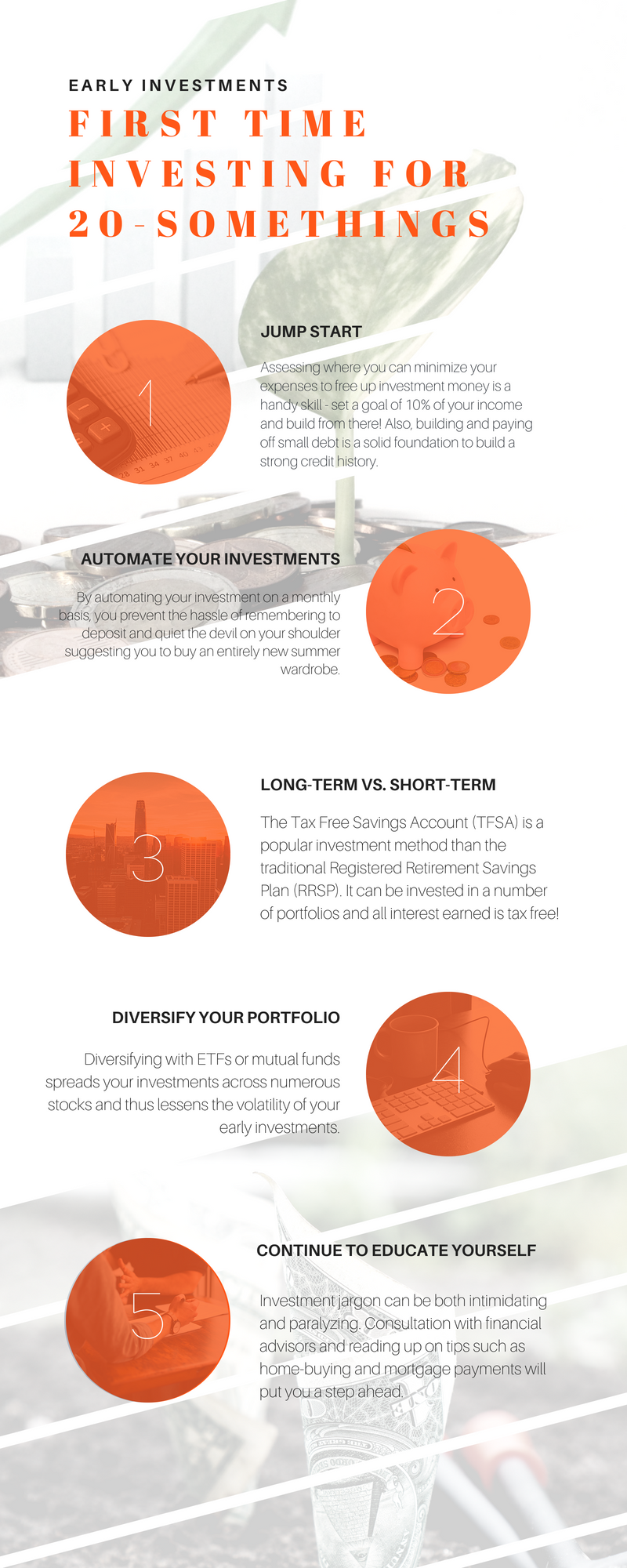Financial Missteps to Avoid
by Keith A. Rhodus on Aug 17, 2018
While so much of personal finance is common sense – don’t spend more than you make, don’t buy a house you can’t afford, start to invest money while you’re young, many young people today enter the workforce fresh out of college, with a boatload of student loans, and with no clue how to properly manage their money.

